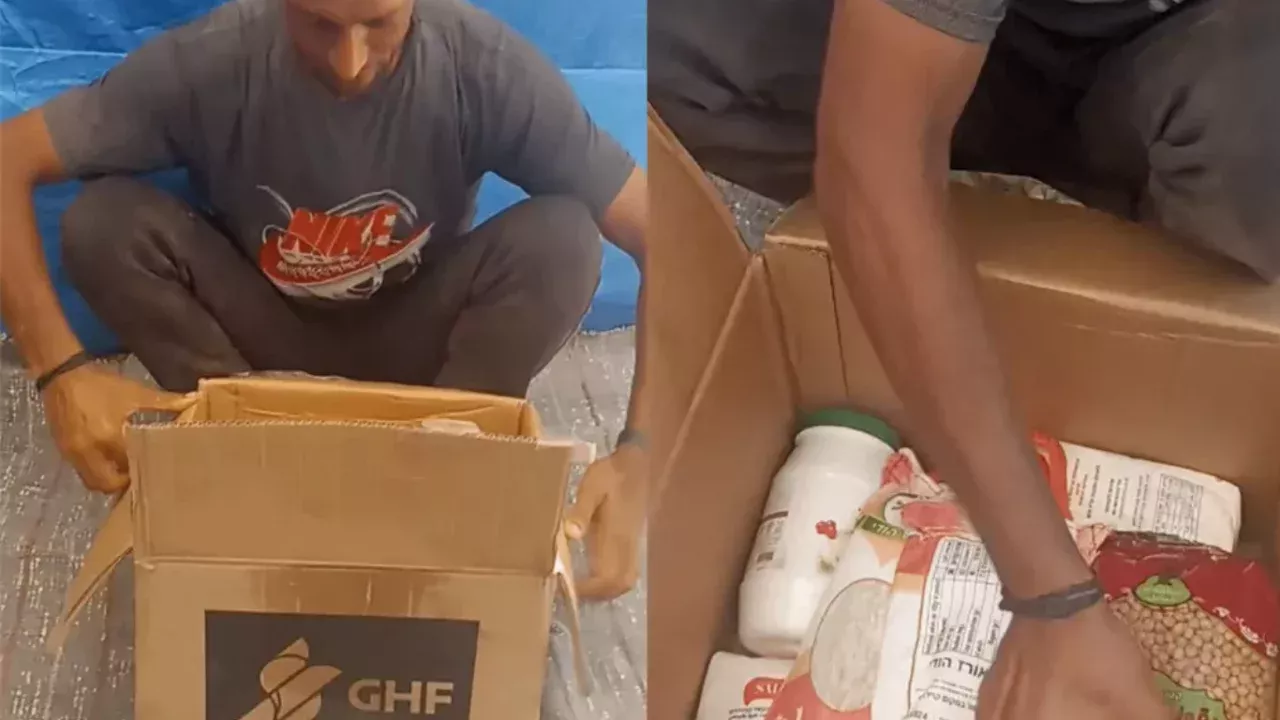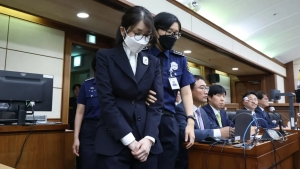The risk of food shortages is increasing in the Gaza Strip

The Humanitarian Aid Fund (GHF), supported by Israel and the United States, is distributing food in the Gaza Strip. This was reported by Zamin.uz.
However, experts emphasize that this aid is not sufficient for long-term health. According to the latest warnings from the United Nations, more than two million Palestinians in the Gaza Strip remain at risk of starvation.
Since the end of May, GHF has been active in the region and has announced that more than 91 million meals have been distributed. According to BBC Verify analysis, there are serious questions about the contents of the food boxes provided by GHF.
According to the official list, the aid boxes mainly contain wheat flour, pasta, lentils, chickpeas, fava beans, vegetable oil, iodized salt, tahini (sesame paste), and ready-to-eat halva bars. Sometimes tea, cookies, chocolate, potatoes, and onions are also included in the boxes.
According to GHF, each box provides approximately 42,500 kilocalories of energy and can sustain 5.5 people for 3.5 days. Professor Stuart Gordon from the London School of Economics believes that this food package only serves to prevent mass starvation but poses health risks in the long term.
He noted that the ration does not provide the body with essential vitamins and minerals, which can lead to diseases such as iron deficiency, anemia, and vitamin deficiencies. Professor Andrew Seal from University College London also pointed out the absence of essential nutrients such as calcium, iron, zinc, vitamins C, D, B12, and K in the food boxes.
He stated that these products are not suitable for children and pose serious health risks if consumed over the long term. In practice, while the people of Gaza receive aid boxes, they suffer from a lack of water and fuel necessary for food preparation.
The UN OCHA agency reported that water scarcity in the region has worsened, official fuel supplies have ceased, and black market prices have increased by 4000 percent compared to pre-war prices. As a result, people are being forced to burn waste materials.
According to UN Secretary-General António Guterres, the shortage of essential goods, water, medicine, and food in Gaza is increasing. According to the World Food Program (WFP), one in three people is going days without food, and 90,000 women and children urgently need nutrition.
This situation indicates a deepening humanitarian crisis in the region and requires prompt assistance from the international community







